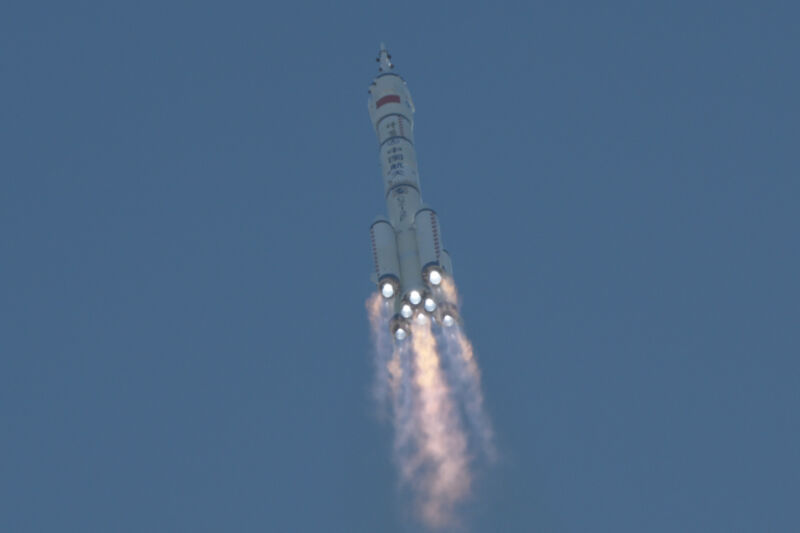Rocket Report: China launches 3-man crew; SpaceX adds to busy manifest

Enlarge / A Long March 2F rocket climbed into space Thursday with a three-man crew heading for China's Tiangong space station. (credit: Pedro Pardo/AFP via Getty Images)
Welcome to Edition 6.17 of the Rocket Report! Two Asian powers notched achievements in their human spaceflight programs this week. In China, three astronauts launched to begin a six-month expedition on the Tiangong space station. With this mission, China is settling into a routine of operations on the Tiangong complex. Elsewhere in Asia, India took strides toward launching its own astronauts with a successful test of a launch abort system for the country's Gaganyaan spacecraft, which could fly people into low-Earth orbit in 2025. This is welcome news for US officials because India could help offer a counterweight to China's dominance (among Asian countries) in spaceflight.
As always, we welcome reader submissions, and if you don't want to miss an issue, please subscribe using the box below (the form will not appear on AMP-enabled versions of the site). Each report will include information on small-, medium-, and heavy-lift rockets, as well as a quick look ahead at the next three launches on the calendar.

India tests escape system for human-rated crew capsule.India aced the first in-flight test of the crew escape system for the country's Gaganyaan spacecraft Saturday, Ars reports. With this flight, India tested the set of rocket motors and parachutes that would propel the spacecraft away from a failing launch vehicle, a dramatic maneuver that would save the lives of everyone on board. An unpressurized version of the Gaganyaan capsule launched, without anyone aboard, on top of a single-stage liquid-fueled rocket. About a minute later, soon after the rocket surpassed the speed of sound, the vehicle triggered the abort maneuver, and the capsule separated from the booster to parachute into the sea. By all accounts, Indian officials were thrilled with the outcome of the test flight.